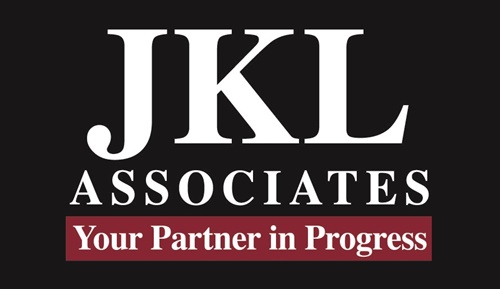The pace of business evolves at an ever-increasing rate. Technology and its’ speed influence our ability to control our reactions. Communications that once took days if not weeks to move across the country now happen almost instantaneously. Gossip and opinion which maybe started on one floor of the office building and trickled down, up, or across over the next few hours or days now takes place immediately. All this speed has both great opportunity and significant challenges associated with it.
As the influence of technology has changed the ways in which we conduct business, it has equally if not had a greater impact on setting of higher expectations of our customers and the marketplace. This higher expectation of performance now ups the game on how we as companies and more importantly how we as leaders react to any given situation.
This speed of communincation can benefit us when the transfer of information is positive and supportive of our organization and/or products. It also causes great challenges when the information is not so positive and is spread via social media at raging fire speed.
Although the management of or transfer of information may happen at lightening speed these days, we as leaders have the opportunity to bring our emotional intelligence to the forefront of the situation and regulate how we react. This key regulation tool, which we all have at our disposal, must be part of our moment-to-moment navigation system.
As events or situations happen, we must be attentive to how our emotional intelligence is responding. How are we self-regulating our own personal emotions? Are we even in touch with those internal emotional indicators?
At the same time, we also need to be aware of what is going on around us. What is the emotional status of the social/community sphere directly around the situation and the numerous spreading rings of communincation associated to the situation? How must we regulate the emotional reaction outwardly into the world around us?
For too many years, this area of emotions in the workplace were pushed aside. Dismissed as soft and not relevant to the success of an organization let along the growth and development of a leader. This was unfortunate and is no longer a practice in today’s business world. Although we no longer dismiss it, we also are not fully embracing it. This Is partly due to our own lack of understanding of our personal emotional intelligence.
As leaders we need to embrace our own understanding and then use this knowledge and appreciation to kindle the understanding and appreciation in our organizations. We need to bring this into our decision-making model so that we can produce better overall outcomes for the organization and everyone who is touched by it – employees, vendors, customers etc. This week take time to step back and assess your level of emotional intelligence. Do you have a solid understanding of your own emotions and others’ emotions? How do you use this understanding to regulate your impulse responses? Are the outcomes improved by this understanding and regulation?
By taking time and investing in your understanding and in appreciating other emotional intelligence, everyone can more fully engage in productive dialogue and the speed at which it happens is regulated by and through the lens of emotional understanding.
Not familiar with your own emotional intelligence? Reach out to a Promise Guide for a conversation. JKL Associates has tools to help you gain deep insights into your Emotional Intelligence and those of your organization – Call us at MI (313) 527-7945 or FL (407) 984-7246
Journey On!
QUESTIONS OR COMMENTS – EMAIL US AT PARTNERS@JKLASSOCIATES.COM OR CALL OUR OFFICES – MI AT (313) 527-7945 FL AT (407) 984-7246
Celebrating 30 years of Delivering on “Promises”




